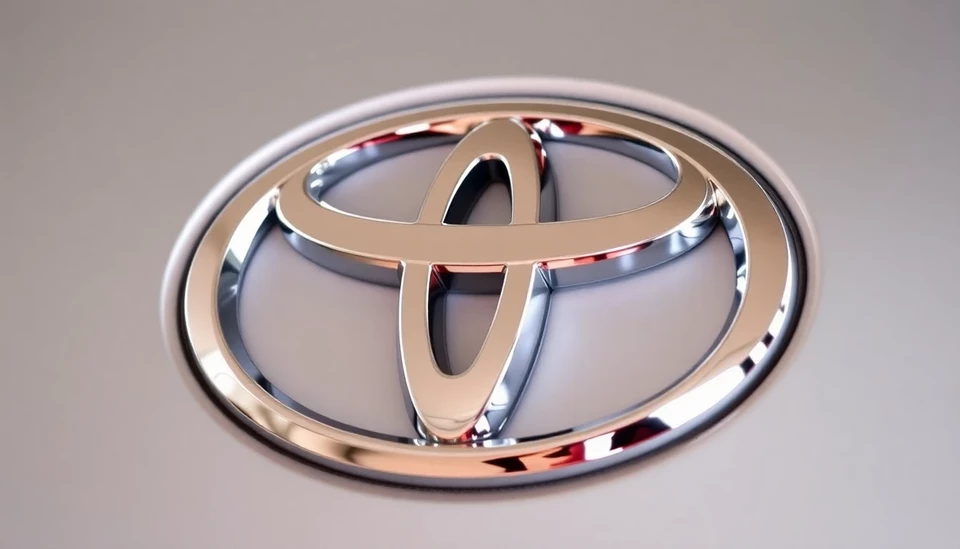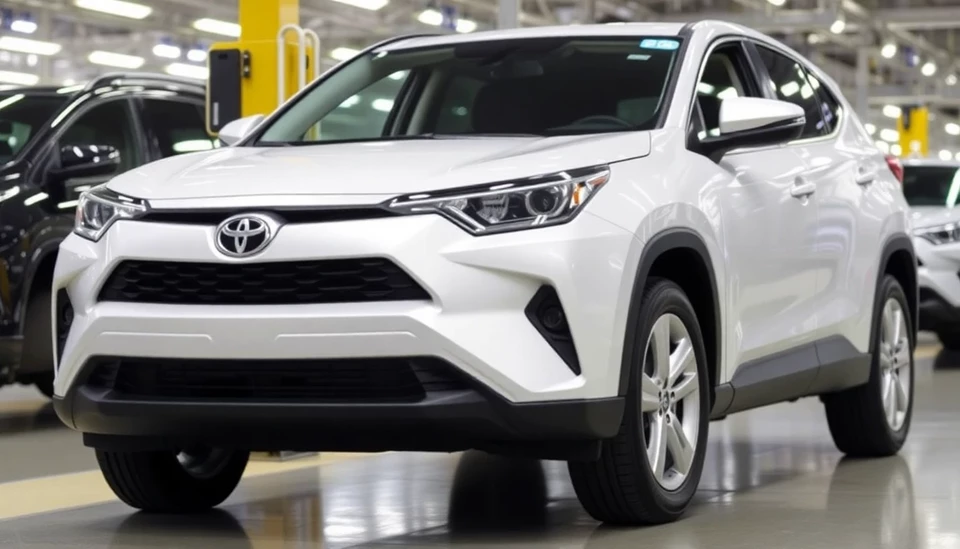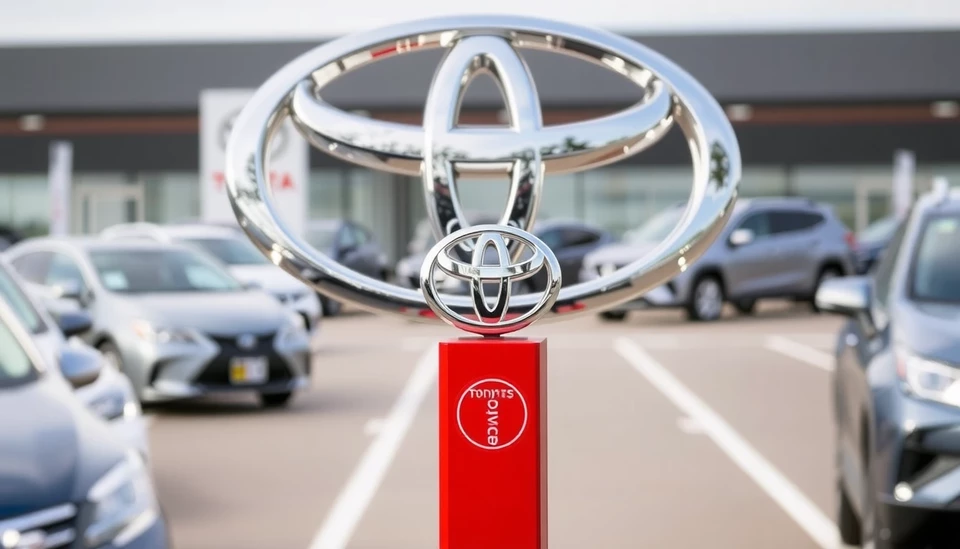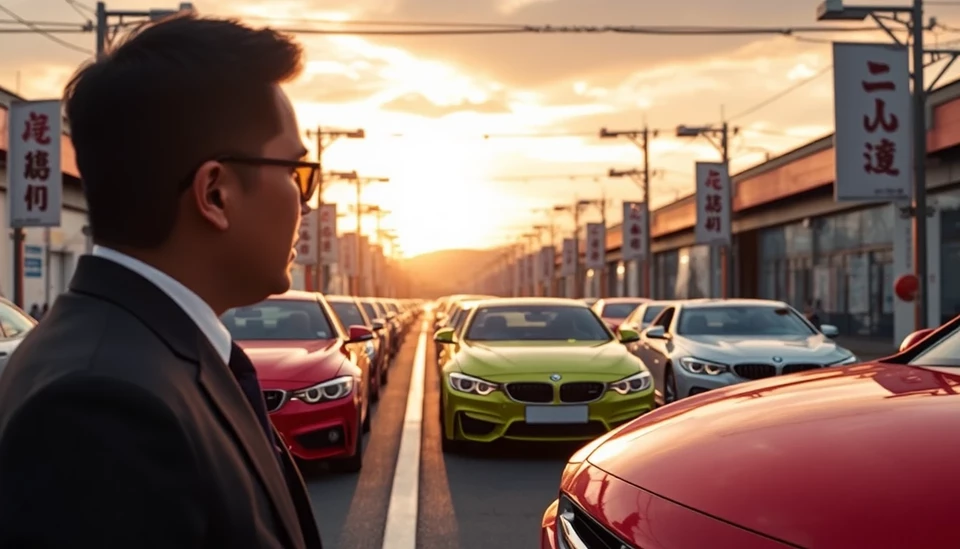
In an impressive display of resilience and innovation, Toyota Motor Corporation has secured its position as the world’s largest automaker for the fifth consecutive year, outpacing its closest rival Volkswagen (VW) for the year 2024. This achievement underscores Toyota’s dominance in the global automotive market amid fluctuating economic conditions, supply chain challenges, and shifting consumer demands.
According to the latest reports, Toyota sold approximately 10.5 million vehicles during the last calendar year, marking a slight increase from its 2023 figures. In contrast, Volkswagen, which has made considerable investments in electric vehicles (EVs), reported vehicle sales totaling around 9.5 million, reflecting an ongoing gap between these two automotive giants. This notable difference in sales figures solidifies Toyota’s leadership in a highly competitive landscape.
Industry analysts attribute Toyota's success to its diversified product line, robust manufacturing capabilities, and strategic adaptation to market trends, including the gradual transition towards electrification. While many automakers have faced setbacks due to supply chain constraints and rising component costs, Toyota has navigated these challenges adeptly, maintaining a steady output and continuing to meet consumer demand worldwide.
The Japanese manufacturer’s strategy of investing in hybrid technology has also played a crucial role in its sales performance. Toyota is renowned for its pioneering efforts in hybrid vehicles, and this focus has allowed it to capture a significant portion of the market, particularly in regions where consumers are increasingly interested in fuel-efficient options.
Furthermore, Toyota has been proactive in expanding its lineup of electric vehicles, which has become essential in maintaining competitiveness as EV adoption accelerates globally. Recent announcements from the company regarding the launch of new electric vehicle models signal its commitment to embracing the future of mobility while ensuring its dominance in the traditional automotive segment.
Volkswagen, while still a formidable player in the automotive sector, has faced its own set of challenges. The German automaker has been heavily pivoting towards an all-electric future, a move that has required substantial investment in technology and infrastructure. As VW aims to expand its EV offerings and enhance its market presence, it will likely continue to compete ferociously with Toyota, particularly as both companies navigate the transitional phase of the automotive industry.
Looking ahead, industry experts remain optimistic about Toyota's potential for continued growth, especially as the demand for vehicles evolves alongside technological advancements and environmental considerations. The brand's ability to adapt swiftly to changes in consumer preferences will be critical in sustaining its leadership position in the coming years.
In conclusion, Toyota's remarkable achievement of being the world's largest automaker for five years running emphasizes its resilience and strategic foresight in an era of rapid transformation within the automotive industry. The brand’s commitment to innovation, alongside its expansive and diverse lineup of vehicles, positions it well for future success as the market continues to evolve.
As the automotive world watches closely, the competition between Toyota and Volkswagen is set to heat up, pushing both manufacturers to continuously innovate and improve their offerings.
#Toyota #Volkswagen #AutomotiveIndustry #ElectricVehicles #HybridCars #Carmakers #GlobalSales #Innovation #MarketLeadership
Author: Samuel Brooks




